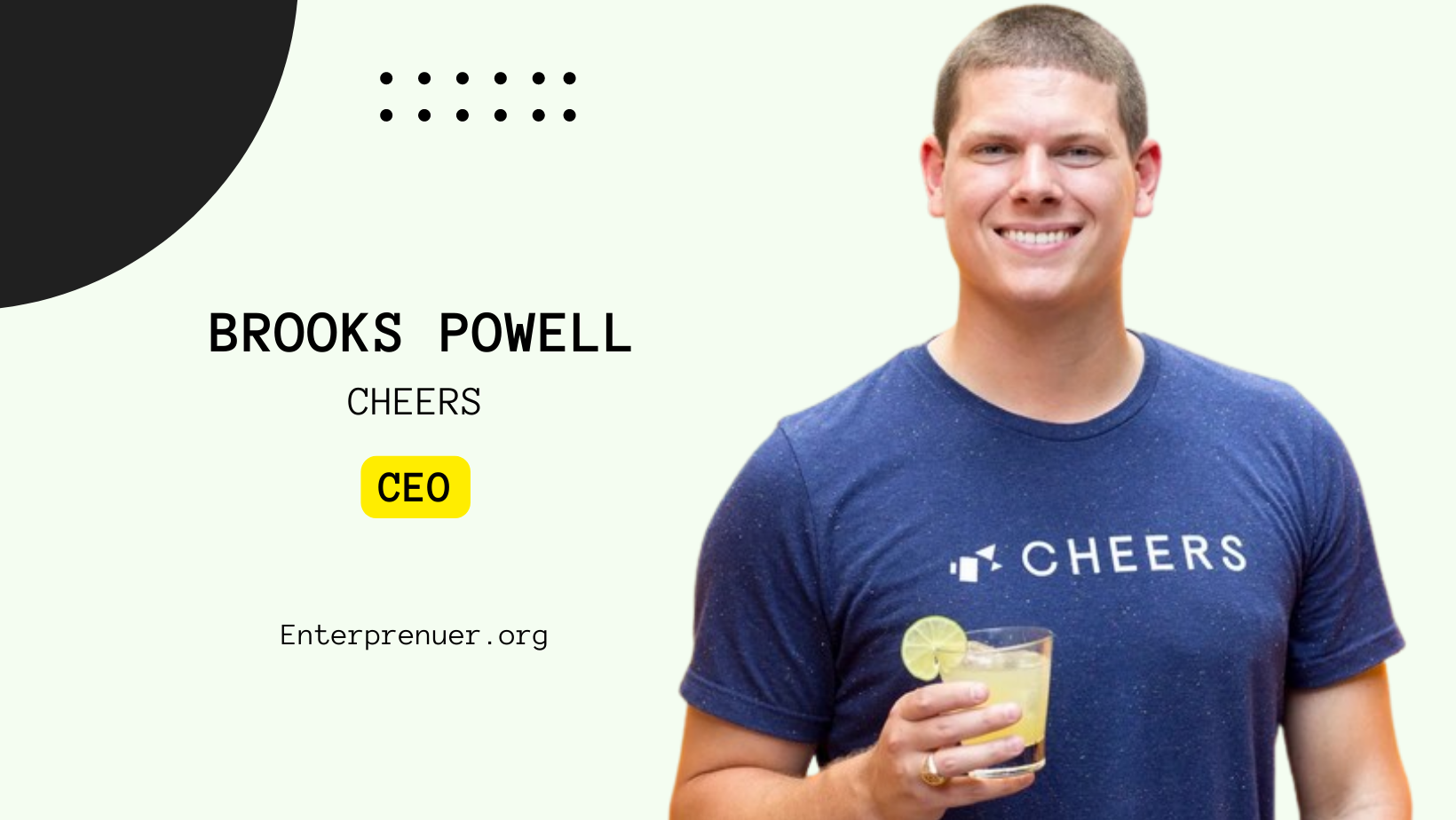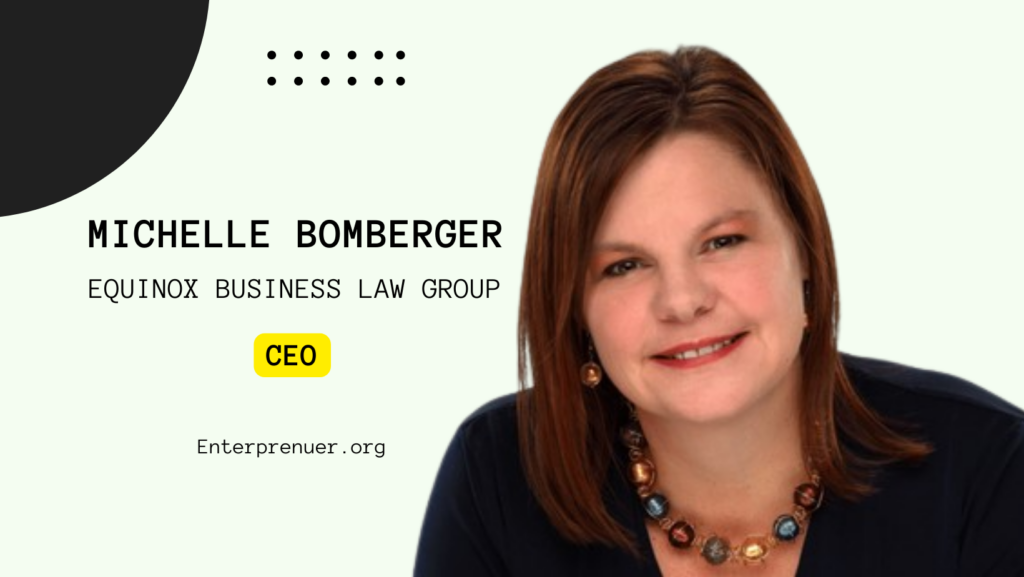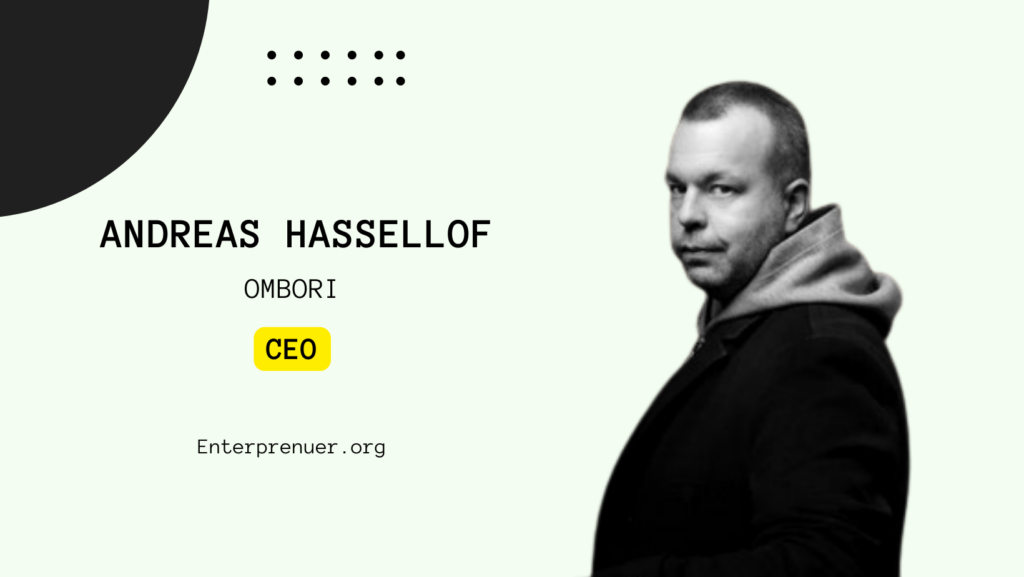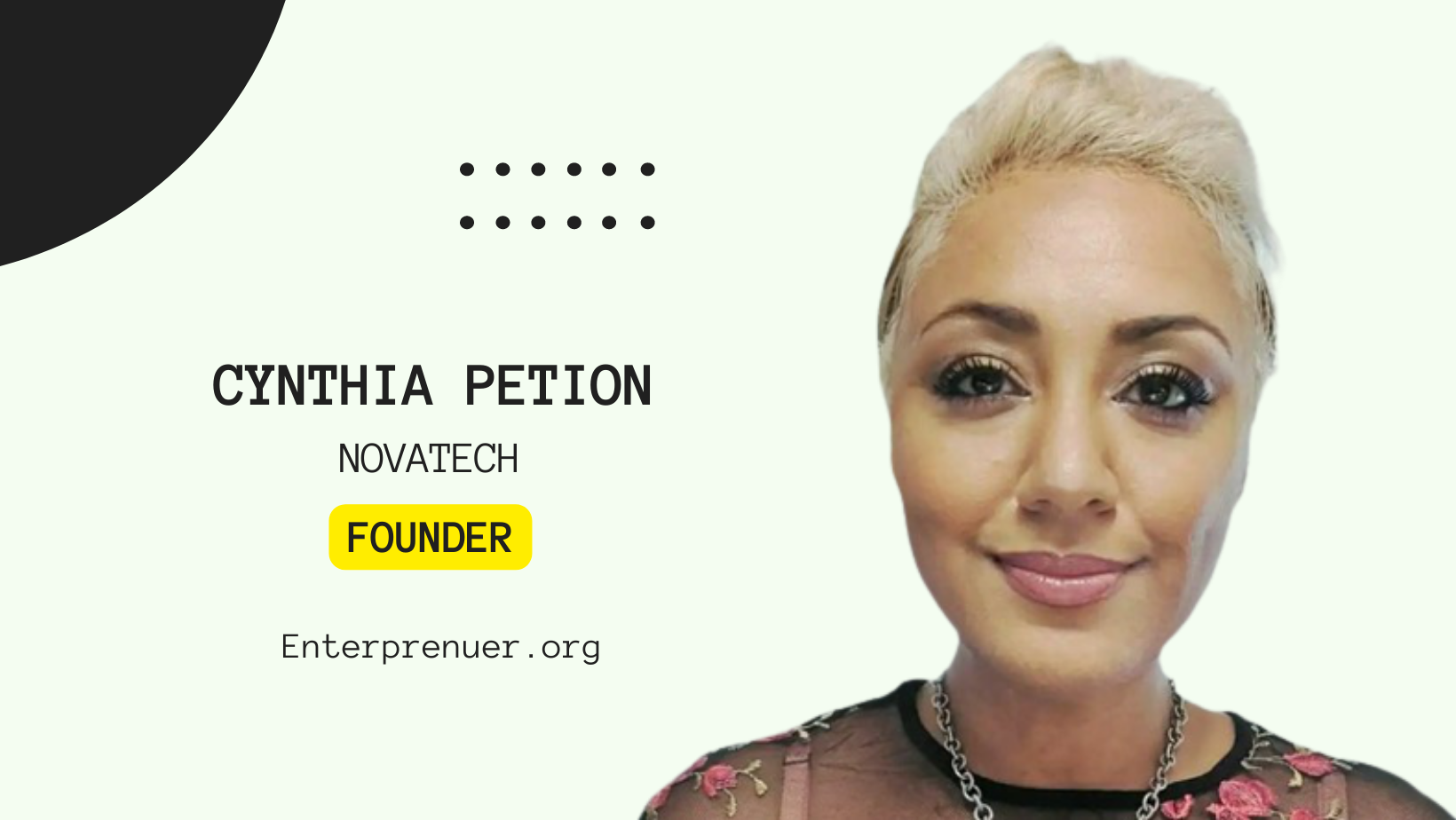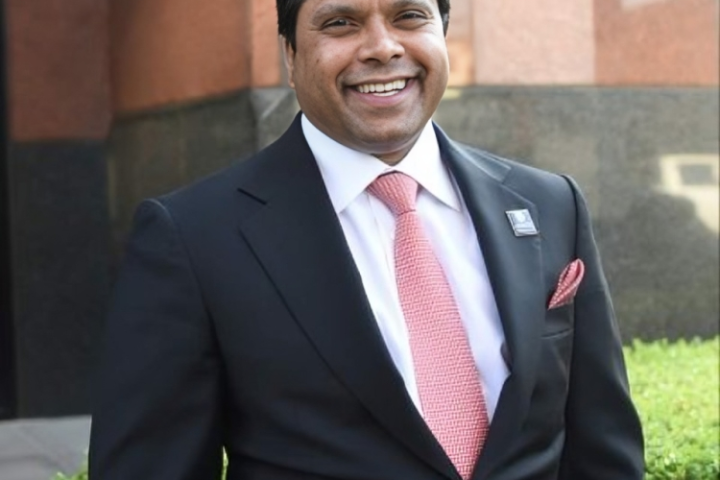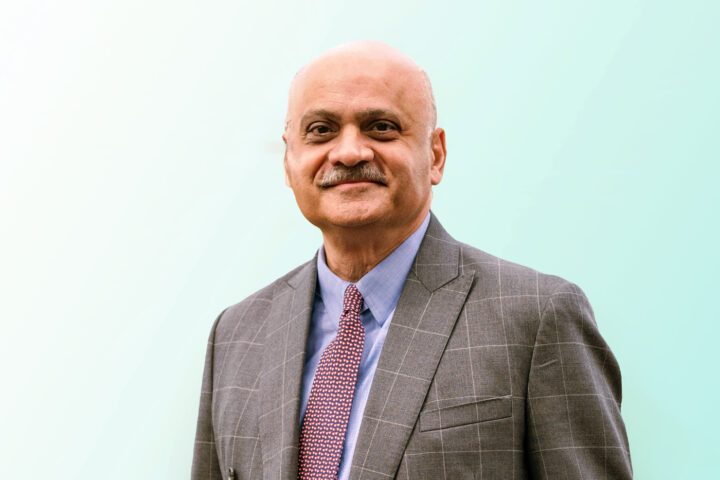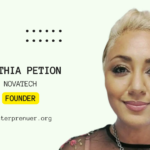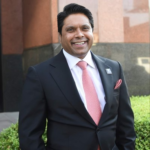Brooks Powell is the founder and CEO of Cheers, A company that helps get you an excellent restore after a boozy night.
Brooks graduated from Princeton University. He founded Cheers and won the University’s first Tiger Entrepreneur Award.
Brooks was a Princeton graduate and presented at TEDxPrincetonU about “Taming Alcohol’s Dark Side,” He discussed the intersection between alcohol ethics, DHM-based products, and ethical drinking.
In less than three years, Brooks was on Shark Tank, built Cheers into a highly profitable business with more than $25,000,000 in revenue, and shipped 13 million pills within just three years.
Brooks has also strategically partnered with his professors through sponsored research agreements (SRAs) to develop a patent-pending permeabilizer technology for DHM that can significantly boost bioavailability–which Brooks later negotiated an exclusive license on from the University.
What is the story of Cheers come?
It was the right time and the right place. As a Princeton sophomore, I discovered new scientific findings about the positive effects of Dihydromyricetin (or DHM) on short-term alcohol withdrawals in rats.
Also known as GABAa rebound, these studies were also made by academics.
These studies focused mainly on DHM’s potential use for alcohol abuse disorders (AUDs).
The studies showed that DHM also reduced hangover symptoms in the animals.
It was interesting to note that DHM decreased animals’ chances to increase their alcohol intake over time.
This is the reason they didn’t have hangover symptoms.
DHM could have a dual effect, I believe. It was very similar to sunscreen.
Sunscreen prevents sunburns for a short time and reduces the risk of skin cancer.
DHM is identical in that it may be able to minimize hangovers but also puts the user at lower risk of increasing their consumption over time.
You will need a Bloody Mary less if you have a minor hangover.
These insights stuck with me, so I began to look at them commercially.
DHM-containing products could be more effective in helping people with GABAa rebound than simple electrolytes or Bloody Marys.
This is great if you don’t want to quit drinking, but it’s not a good long-term strategy.
I worked with professors from my University to continue studying the benefits and working with them.
Because there was a long-term history of DHM’s liver health benefits, we decided to do a human study on DHM and cysteine.
Participants felt an average of 50 percent better after taking our formula.
After confirming the benefits of DHM using a human study, sampling programs, and a human study, it took us two years to launch our brand.
We officially founded the company in June 2017.
It was a difficult task to build the company from the bottom up.
This included importing ingredients, supply chain management, legal and marketing, and ensuring safety and efficacy.
My grandfather passed away, so I had $20,000 to start with.
Later, an angel investor in pharma helped me raise $200,000 as I graduated from Princeton.
How do you stay productive?
I’m usually a late riser and rarely wake up before 8 a.m.
I am a zombie in my first hour. After feeding the cats, I get dressed up and take 20 minutes to drive to work.
I usually have two cups of coffee, and some Cheers Protect before getting to work.
On days when we don’t have a team meeting, I like some “white space” time between 9 and 11 a.m.
I don’t plan anything during this time.
This block is used to answer emails, meet with team members, or focus on creative strategies, planning, and development of new products.
I get into meetings and emails almost every hour until the end of my traditional workday at 11 a.m.
I work on the action items that resulted from those meetings between 5 and 7 or 8.
After finishing work at the office, my wife and I head home to have a few cocktails while cooking dinner.
After we spend watching a few TV episodes, I go to bed and start over.
Before I go to bed, I have my Cheers Restore!
My routine revolves around a 9-5 Monday through Friday schedule.
However, I have found that I am more productive when I’m not working.
I can devote time to big vision projects without emails, meetings, or interruptions.
Although I find productivity difficult in the evenings, it leads to many late nights and a sense of calm that is not present during work hours.
My most happy times are when a project absorbs me.
It’s almost like working until the early hours of the morning.
My top lieutenants have been encouraged to work when they feel most productive.
Our Creative Director, for example, starts at 7 a.m. or earlier and ends at 5 p.m.
She takes advantage of the time she has to herself in the mornings to accomplish things without being distracted by “normal” work hours.
How do you bring ideas to life?
There are many ideas in my head, but not all are good.
I generally do the following: If I find an idea that I believe the company should pursue, I investigate it for a while, then create a proposal with the research I did and present it to the team.
They will often convince me that it is a bad idea. But sometimes, you see an enthusiastic reaction and think, “Oh my gods, this is crazy, but it might work.”
These are the reactions that keep me motivated as an entrepreneur.
We’ll explore the idea together if we get positive feedback.
Cheer is a family, and we all come together. This is one of my proudest achievements.
Sometimes the arguments fall apart once the team starts working on them.
Other times, however, we will find that the concept is worth exploring.
What’s your favorite trend?
Although I am biased, I believe one trend that I find very exciting is the increased awareness of alcohol consumption.
In the 1980s, Budweiser launched Budweiser Light.
This was in response to people becoming more interested in exercise.
Except for Cheers’s launch, little else had changed until 2020, when kombucha and complex seltzer products exploded.
People aren’t putting their health consciousness to the test every time they reach for a drink for the first time since 1980.
This is due to the high-calorie content of the product.
However, it also impacts their desire to drink alcohol more healthily. Cheers are the perfect fit for them.
This trend is a big deal to us, and we believe it will continue.
What habits make you productive?
When someone tells me something isn’t going to work, I am very skeptical.
I prefer to make my own decisions and do not believe that I have to listen to anyone, whether an investor, mentor, or friend.
Our company’s failure to accept the status quo has led to many decisions that have made our company more successful and profitable.
It is a common belief in society that experts should have the final say on all decisions.
This is something I’m afraid I have to disagree with more.
If we reach an independent conclusion, we may agree to a recommendation.
Sometimes, we will not follow an offer but rather the independent decisions we go.
For productivity, it is more important to chase the right things than the wrong ones.
Although it is faster than 100 mph, it is still too fast in the wrong direction.
What’s your advice for the Noob?
I would advise you to trust your instincts more often than you think. You are young and not stupid.
Warren Buffett speaks of “the institutional imperative,” loosely described as being no different from middle school peer pressure at the MBA level.
This insight means that an MBA or another “expert” doesn’t have any more weight than someone who has not had that degree.
While they might believe something is a good idea, many people make huge mistakes because they follow the same “experts.”
Be aware of trends but confident in making informed decisions based on your business model and employees.
Fear of missing out, stop following and copying.
Once someone has demonstrated that it works, something only looks good.
If you don’t prove it, you often miss out on all the benefits.
My team and I saw a lot of startups that used expensive design agencies early on.
We followed the same trend and spent hundreds of thousands of dollars on a design agency.
However, we were unhappy with the brand they created for us.
Then we thought, “Why don’t we build our brand internally?” We scrapped many “professional” products, wrote them off as a sunk expense, and did most of the work ourselves.
Even though we spent a lot of money, it taught us more trust in ourselves.
I had the opportunity to talk about this trend with an entrepreneur who owns a company worth over a million dollars.
One of the most renowned design firms in the country was hired by them.
I asked him whether it was worth it. He initially denied it.
After asking him for details about the brand that was moving the needle, he revealed they had created those details.
I asked him if he thought it was worthwhile. He replied: “You’re right.
It was most likely a waste. It was probably a waste of money.
But, who would want to admit that they spent half a million? !”
Cheers sometimes feel that people allow their years of experience to make decisions rather than using critical thinking.
Our belief is that team members can make a difference by thinking critically.
This skill must be honed and applied daily.
Experiential overload can lead to a negative outcome if they have had bad experiences or are influenced by them.
We love people who have experience, but a practical background must pass the test for novel critical thinking.
In World War I, veteran generals ordered their troops to ride on horses while charging with machine guns.
The “inexperienced” generals were the ones who first introduced tanks to the battlefield.
A person who is both experienced and discerning and knows when to use each muscle is the best.
What is one thing we can all agree on?
I do not hire people based on their resumes or current status. They are hired for their potential.
Consider the career path of a candidate, not their skills and experience.
Each summary is a snapshot of a time. You need to see the future and not just the past.
Cheers invest at the end of each person when they hire them.
What this candidate can achieve in six months, two years, or five years is all that matters to me.
It matters where they are going. This is difficult to judge but crucial for creating a culture of dedicated, independent employees.
What do you recommend as an entrepreneur?
You can think for yourself. This is what we tell our team when we make any decision.
No matter what job you have on the team, it doesn’t matter.
Each department is expected to think for itself, which has improved efficiency across the company, and, in turn, benefits the company as a whole.
A top-down organizational approach is not something I like.
If I don’t hear recommendations from the company’s departments, it’s a sign that someone isn’t thinking about their work.
What’s your rich strategy?
We have found that hiring the right people for our company is one of the most critical steps to growth.
It is essential to keep your company’s fundamentals in mind.
Your team should be able to understand the fundamentals.
Strategically think about whether the business can produce more value over time than it takes in.
Consider your efficiency and where you can maximize them.
These are the areas where you can make a profit.
How do you overcome Failure?
Although I would not say that there is a single failure worthy of being highlighted, there have been some poor decisions made by the overall management team.
The most important thing is to make more good decisions than bad ones of the same size and scale.
This means that you need to keep your bad decisions to a minimum, but ultimately, the ratio of your good choices and the size of the bad ones that matter.
You can build a great company if that ratio is positive.
Can you share a business idea?
This is a way to bet against investment groups or short-sighted private companies.
It is incredible how often VC investors invest in startups and poorly managed businesses.
Take, for example, the fall of WeWork. Many people knew it was coming from afar, but it was caused by poor leadership and mismanagement.
It would be nice if there were a way to avoid such missteps and help investors gain confidence in the future.
What’s your recent best buy?
An automatic litter box was one of my best purchases.
It saves me so much time and frustration every week.
It was difficult for me to make, but it has made a massive difference in my life and our marriage.
It would have been nice if the company had started selling shares when we purchased it.
It’s unlikely that VCs would have been thrilled about an automatic litterbox, but it is a fantastic product and company that has done incredibly well in the last few years.
Sometimes, the most successful companies aren’t glamorous.
What are your favorite Softwares or Apps?
Slack is my favorite. Space is more enjoyable than email, as it’s faster, more fun, and less formal.
Your team’s culture is determined by how your Slack channels look.
While we love to make money and support our mission of responsible, fun, and healthy alcohol consumption, we also enjoy having fun at work.
We have found Slack to be a great way to communicate. Everyone appreciates a well-placed GIF.
Which book would you recommend?
“The Outsiders: Eight Unconventional Chief Executives and Their Radically Rational Plan for Success” by William Thorndike is a book I recommend highly.
This book contains many powerful lessons from some of America’s most successful and well-known CEOs.
Some of my favorite takeaways are using rational thought to make decisions and sometimes going against the grain of market trends.
Leaders are encouraged to ignore the noise and make their own business decisions.
This is a far superior lesson to anything you learn in academia.
What’s your favorite quote?
“When you realize that you can poke at life and it will do something,
you will know that something will come out of the other side if you push in. You can change it, mold it. This is perhaps the most important thing. It’s essential to let go of the erroneous belief that life is all there, and you are merely going to live in it. Instead, embrace it, change it and improve it.
This is something I believe is very important. Once you understand it, you will want to make your life better. It’s a mess in many ways.
You’ll never be the same person again after you learn this.”
Steve Job
TL;DR by Brooks Powell
Your competitors, your peers, and your ideas can be challenged.
Do not strive for perfection. Be more positive than negative when making decisions.
Consider where each candidate can take your startup company. How might your company look if they work with you to grow?
